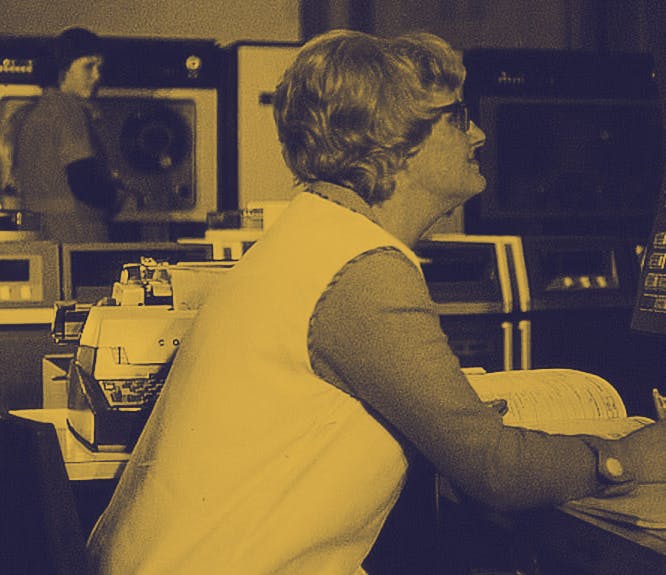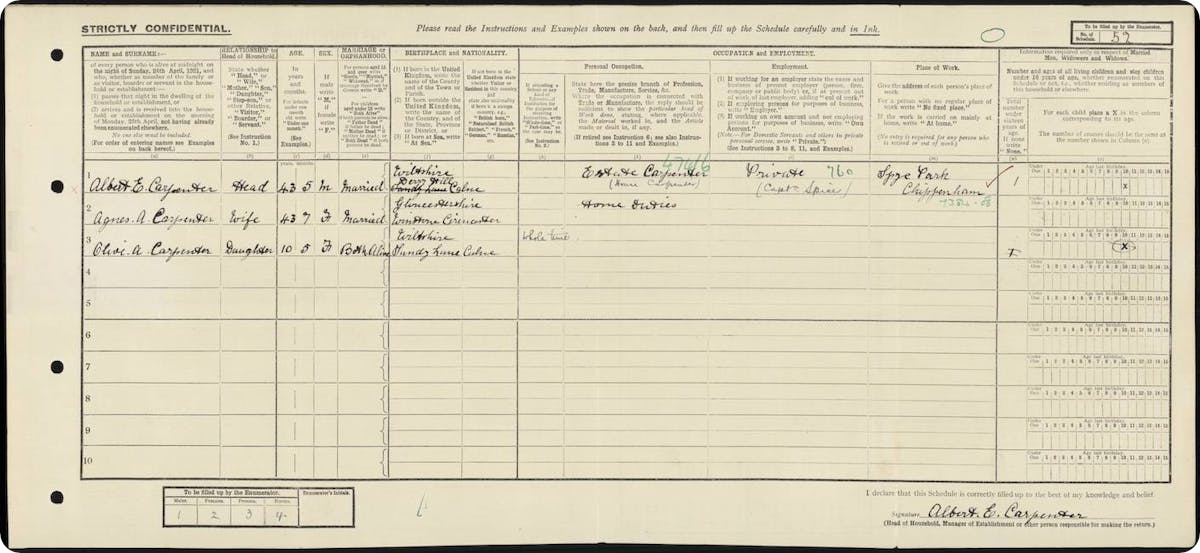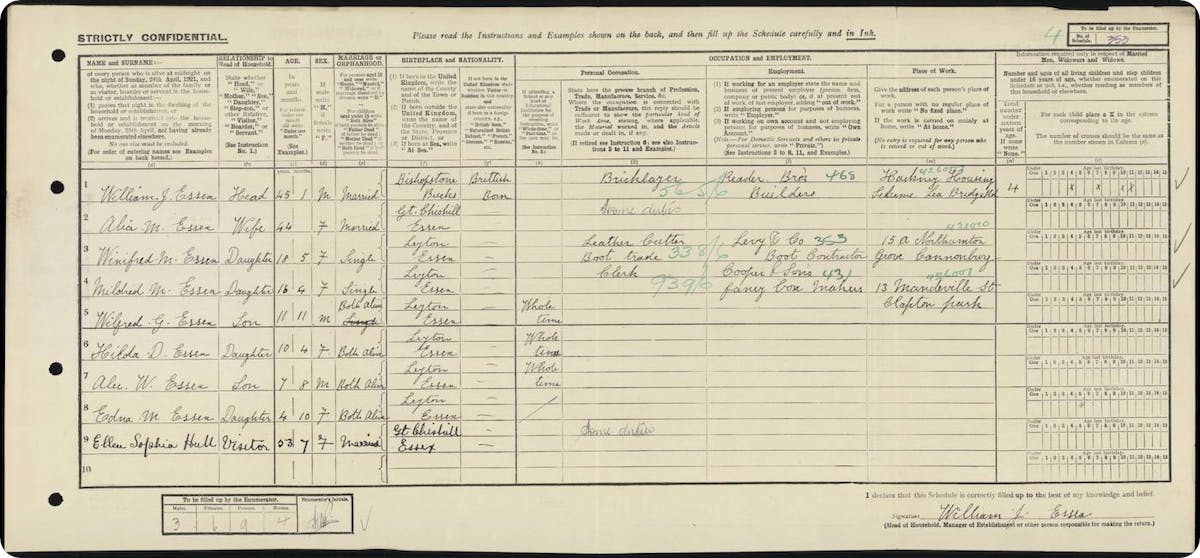English surnames explained: The seven types of last names you should know
4-5 minute read
By Daisy Goddard | March 10, 2023
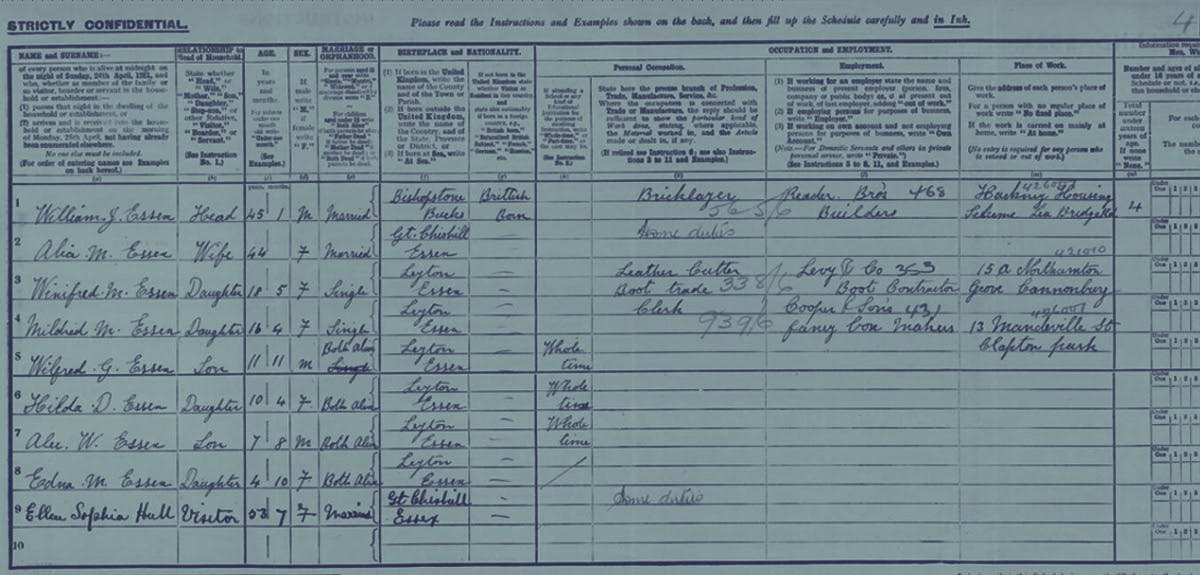
Ever wondered where our last names come from? Our surnames play a key role in genealogical research. They can help to uncover exciting details about your relatives.
As every genealogist knows, we’re all the product of our family’s history. But genetics aren’t the only thing that we pass down the generations. Used to identify our familial bonds, surnames link us to even our most distant ancestors.
Where do our surnames come from?
There’s no one-size-fits-all approach when it comes to our surnames. Naming has been done differently throughout history, and across different cultures.
In England, surnames became widely used after the Norman Conquest in 1066. At this point, rapid population growth made it necessary to identify people in more detail. People added a last name to their existing given name. This was passed down the generations as a family name.
Over time, all manner of functional descriptions evolved into the surnames that we go by today.
What are the different types of English surnames?
There are an estimated 45,000 different English surnames. They can teach us valuable information about our family’s roots, from historical occupations to where our ancestors hailed from.
Patronymic and matronymic names
Patronymic surnames are family names that come from a male first name (forename). They often (but don’t always) end in ‘son’, which can make them easier to spot. Some examples of patronymic English surnames are Davidson (the son of David) and Richardson (the son of Richard).
Another example is Griffiths. This popular Welsh family name comes from the Old Welsh word ‘Girphiud’. It was used to refer to the son or descendant of Griffith or Gruffydd. It came into use in the 1550s.
Matronymic names, on the other hand, come from female forenames. These are less common given England’s tradition of paternal lineage. Surnames like Madison (from Maud) and Marriott (from Mary) are matronymic.
Occupational surnames
Occupational surnames used people’s jobs to identify them. These are of particular interest to family history researchers, as they can help to reveal how our ancestors made a living.
Common occupational surnames include Carpenter, Knight, Taylor, Miller, and Fisher. If you recognise any of these surnames, you likely have an occupational name in your tree.
It’s important to remember the historical context. People worked very different kinds of jobs 100 years ago to the ones that we’re familiar with today.
While you may not think of Cartwright as an occupational name, for example, this Medieval name describes someone who made carts in years gone by.
Characteristic surnames
Interestingly, some surnames come from a description of your ancestors. They operated as a form of nicknames. Adjective surnames like White, Black, Gray and Swift most likely describe the appearance or personality of your forebears.
Place surnames
Our early ancestors also used place names to identify themselves and others. This is why many people today share their surnames with towns, counties or other areas in Britain.
Some examples of place surnames are Hampshire, Burton and Sutton.
Geographic names
Like place names, features of the natural landscape were also used as last names. This surname type is popular. It includes names that you may not have realised were related to geography.
If you’ve got ancestors named Moore, Hill, Stone or Wood in your family tree, these names probably came from the natural environment. Your early relatives could have lived near woods, or nearby to a landmark hill.
Estate surnames
If your ancestors owned land, this could be reflected in the surnames on your family tree. It was common for landowners to take the name of their property or estate.
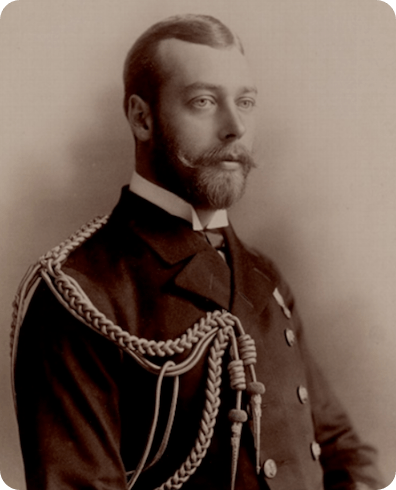
King George V.
The royal family are a good example of an estate surname.
In 1917, King George V changed the name of the royal house from Saxe-Coburg-Gotha to Windsor. In the context of World War 1, he named his family after the famous Windsor Castle. You can view the Royal family’s full tree here.
Patronage surnames
If your ancestors worked on someone else’s land, their surname may reflect this. Some of our names denote patronage – that is, support or employment provided by one person to another.
The Irish surname Kilpatrick, for example, means a follower of Patrick.
The history behind a family name
Although we can categorise surnames, they remain a bit of a mystery. Because they’ve evolved over a long period, it’s often hard to know where they come from exactly. A lot of common surnames have multiple potential origins.
Take the surname Perry, for example. It may have come from two places. Firstly, it may come from the Middle English work for pear-tree, which is ‘pirie’. It could be a geographical name, referring to someone who worked with or lived near pear trees.
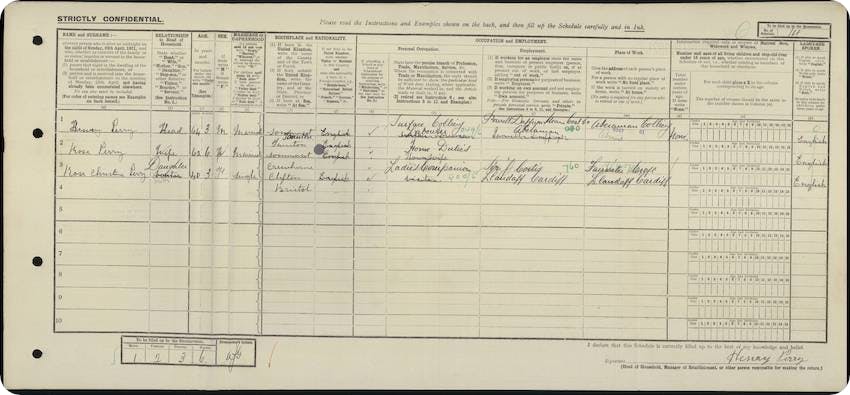
The household of Henry Perry. He is one of 33,516 Perrys in the 1921 Census.
On the other hand, it may be a patronymic surname. It could be linked to the French male name ‘Pierre’ and its variants.
What surname discoveries can you make?
From an occupational name to a personal nickname, mysteries can be uncovered when we understand where our surnames come from.
Using our handy surname search, it’s easy to discover more about the last names of your relatives. You can also browse Britain’s most popular surnames, or randomise to discover a totally new name.
If you've made a discovery, big or small, we want to hear about it. You can now use this form to share your story with us directly.
Related articles recommended for you

Venus Williams and the Tennis family: we made some surprising Wimbledon discoveries with our census records
Discoveries
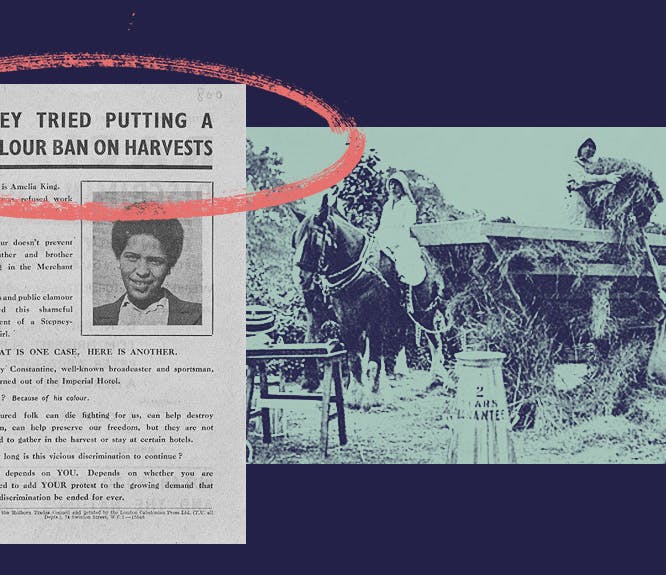
Inspirational women from history: Amelia King, a Black Land Girl during World War 2
History Hub
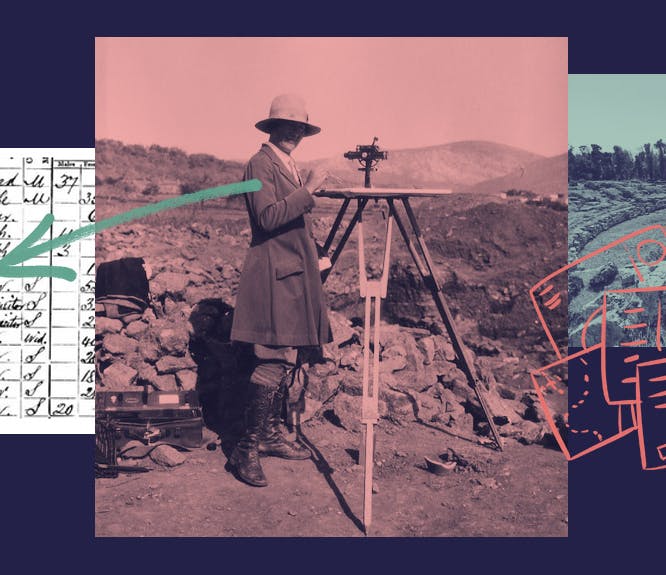
Inspirational women from history: the story of archaeologist-turned-spy Winifred Lamb
History Hub
